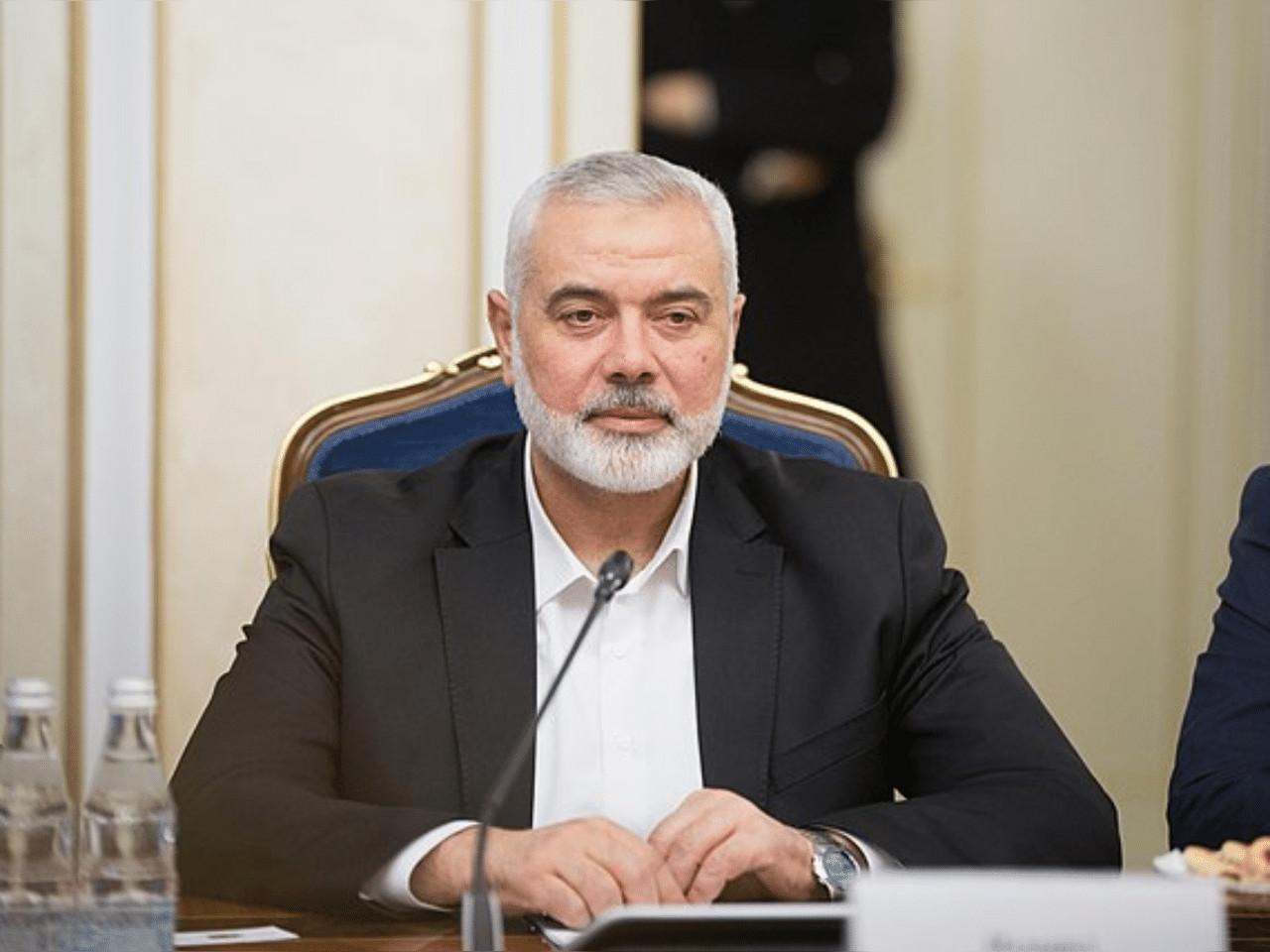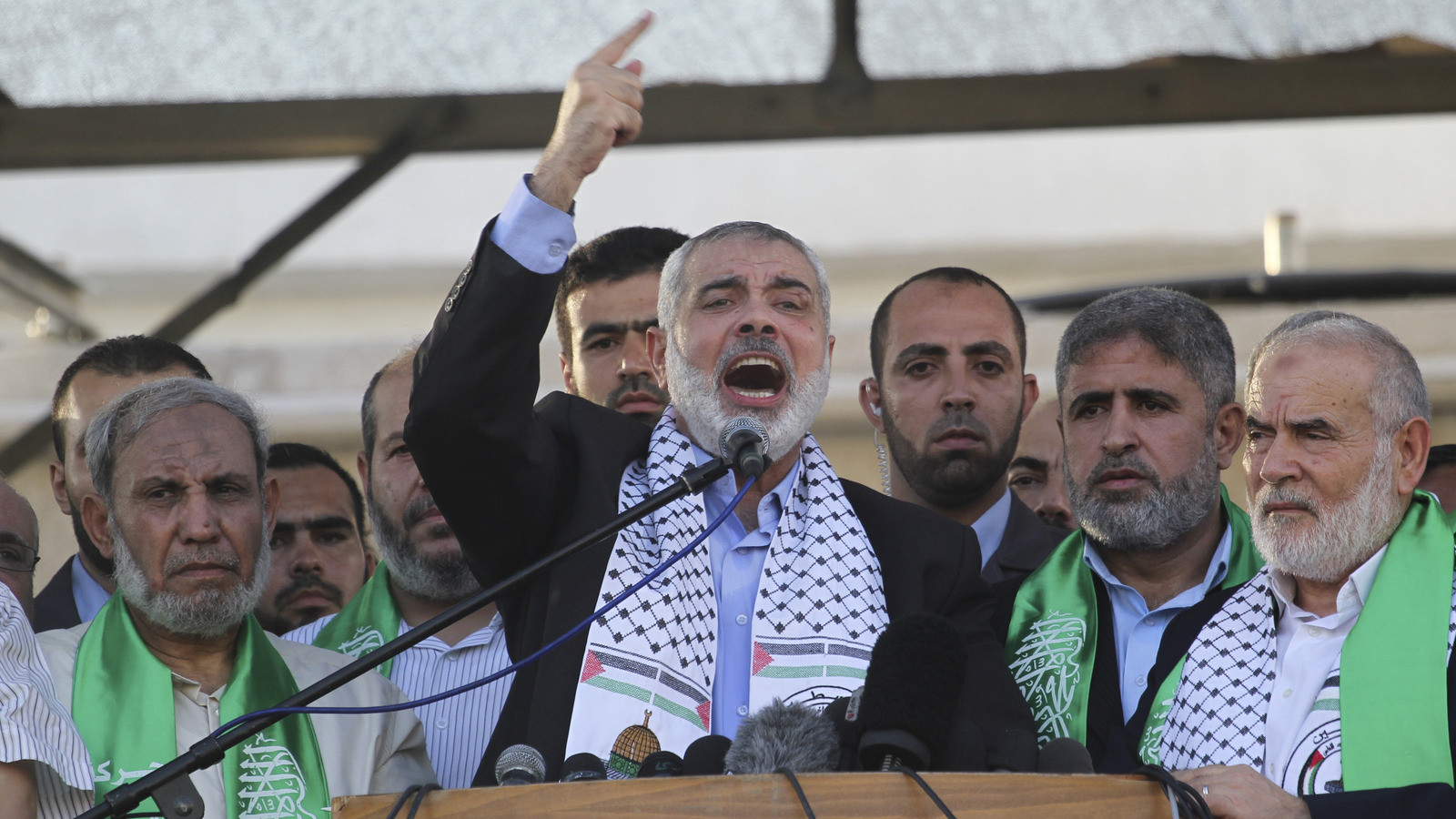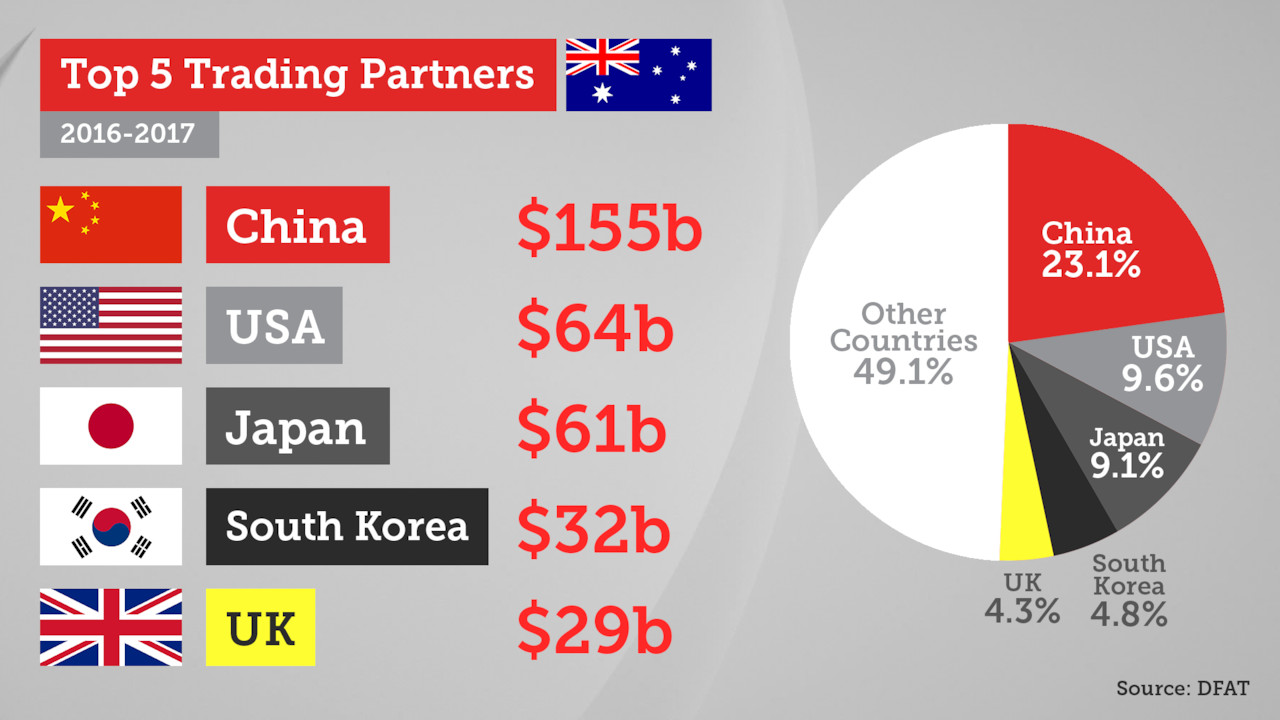Hamas Leader Assassinated in Tehran
The assassination of Hamas's political leader, Ismail Haniyeh, has sent shockwaves through the Middle East. In a statement, Hamas accused Israel of orchestrating the attack, while Israel has remained silent on the incident.
Haniyeh was killed early Wednesday morning in Tehran, where he had been attending the inauguration of Iranian President Masoud Pezeshkian. According to Hamas, Haniyeh's residence was struck, resulting in his death and the death of one of his bodyguards.
The Blame Game
"The Islamic Resistance Movement Hamas mourns to our great Palestinian people, to the Arab and Islamic nation, and to all the free people of the world: Brother, leader, martyr, Mujahid Ismail Haniyeh, the head of the movement, who was killed in a treacherous Zionist raid on his residence in Tehran," Hamas said in a statement.
Iran's Islamic Revolutionary Guard Corps (IRGC) also reported Haniyeh's death, confirming that he had been killed in an attack on his residence in Tehran.
The Escalating Conflict
The killing of Haniyeh is a major escalation in the ongoing conflict between Israel and Hamas. Israel had vowed to eliminate Haniyeh and other Hamas leaders after the group launched a deadly attack on Israel in October 2023, killing over 1,200 people and taking hundreds captive.
In response to the attack, Israel launched a war in Gaza, which has resulted in the deaths of over 39,000 Palestinians and injuries to over 90,000 more.
Haniyeh's assassination is likely to further inflame tensions between Israel and Hamas and could potentially lead to a wider conflict in the Middle East.
Haniyeh's Legacy
Ismail Haniyeh was a prominent figure in the Palestinian resistance movement. He was born in the Gaza Strip in 1963 and became involved in politics at a young age.
Haniyeh was elected as Prime Minister of the Palestinian Authority in 2006. He was dismissed from the position in 2007 after Hamas took control of the Gaza Strip following a brief civil war with Fatah.
Haniyeh remained as the leader of Hamas in the Gaza Strip, guiding the group through several wars with Israel and negotiating with international powers.
He was considered a moderate within Hamas and was often seen as a potential partner in peace negotiations between Israel and the Palestinians.
International Reactions
The international community has condemned Haniyeh's assassination and called for an investigation into the incident.
The United States expressed concern over the killing and urged all parties to refrain from further violence.
The United Nations called for a thorough investigation into Haniyeh's death and stressed the importance of de-escalating tensions in the region.
Conclusion
The assassination of Ismail Haniyeh is a major blow to the Palestinian resistance movement and to the hopes for peace in the Middle East. The incident is likely to increase tensions between Israel and Hamas and could potentially lead to a wider conflict in the region. The international community must act swiftly to prevent further escalation and to support a peaceful resolution to the ongoing conflict.


















